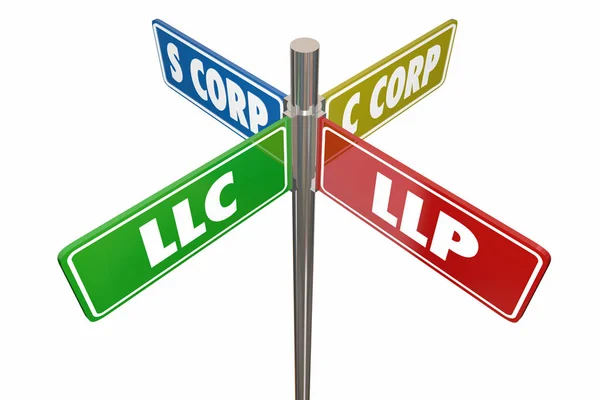LLP for lawyers:
A Limited Liability Partnership (LLP) is an ideal legal structure for lawyers seeking to join forces and run their legal practice collectively while maintaining individual liability protection. Here are some key considerations when using an LLP for lawyers:
1. Limited liability protection:
Limited liability protection is a key benefit offered by an LLP, ensuring that its partners are shielded from personal liability. This means that the personal assets of the partners are generally protected in case of legal claims or liabilities arising from the legal practice.
2. Collaboration and Shared Decision-Making:
LLPs allow lawyers to form a partnership where they can collaborate and share the decision-making responsibilities. This can be beneficial when multiple lawyers want to work together and collectively manage the legal practice.
3. Flexibility in Management:
LLPs provide flexibility in terms of management structure. It allows partners to have different roles and responsibilities based on their expertise and experience. This enables both efficient decision-making and allocation of responsibilities with the legal practice.
4. Professional Regulations and Licensing:
Lawyers operating as an LLP must comply with the professional regulations and licensing requirements set by the legal authorities or governing bodies in their jurisdiction. This includes obtaining both necessary legal licenses and adhering to ethical and professional standards.
5. Client Engagement and Confidentiality:
LLPs must ensure compliance with client engagement rules and confidentiality obligations. It is maintaining the privacy and confidentiality of client information and documents.
6. Tax Considerations:
LLPs may offer tax benefits for lawyers, such as the ability to pass through profits and losses to individual partners, potentially reducing overall tax liabilities. It is advisable to consult with a tax professional to understand the specific tax implications for lawyers operating as an LLP.
therefore, It is important to consult with legal and financial professionals who specialize in partnership agreements and legal practice regulations to ensure compliance with the applicable laws and regulations. They can guide you through the process of forming an LLP, Further help in drafting partnership agreements and provide advice on legal and regulatory requirements specific to the legal profession in your jurisdiction.
To visit https://www.mca.gov.in
FAQs
1.Is LLP a common structure for lawyers?
- Yes, many law firms choose to operate as LLPs because it offers personal liability protection for individual partners.
2. What are the liability benefits of an LLP for lawyers?
- In an LLP, partners are not personally liable for the negligence or misconduct of other partners, protecting their personal assets.
3. Can lawyers in an LLP be sued personally?
- Yes, while LLPs offer liability protection, partners can still be personally sued for their own negligent acts or misconduct.
4. How is an LLP taxed?
- LLPs are typically taxed as partnerships, meaning profits and losses pass through to the partners’ personal tax returns, avoiding double taxation.
5. What is the main disadvantage of an LLP for lawyers?
- An LLP may involve more paperwork and regulatory compliance compared to other business structures, like sole proprietorships.
6. Do all states allow lawyers to form LLPs?
- Most states in the U.S. allow lawyers to form LLPs, but specific regulations may vary by state.
7. Can a law firm with multiple partners operate as an LLP?
- Yes, an LLP is ideal for law firms with multiple partners who want to share profits while protecting their personal assets.
8. What is the difference between an LLP and a general partnership?
- In a general partnership, partners have unlimited personal liability for business debts, while an LLP provides limited liability protection.
9. Is forming an LLP a complex process for lawyers?
- While it involves some legal formalities, forming an LLP is generally straightforward and can be done with the help of legal professionals.

